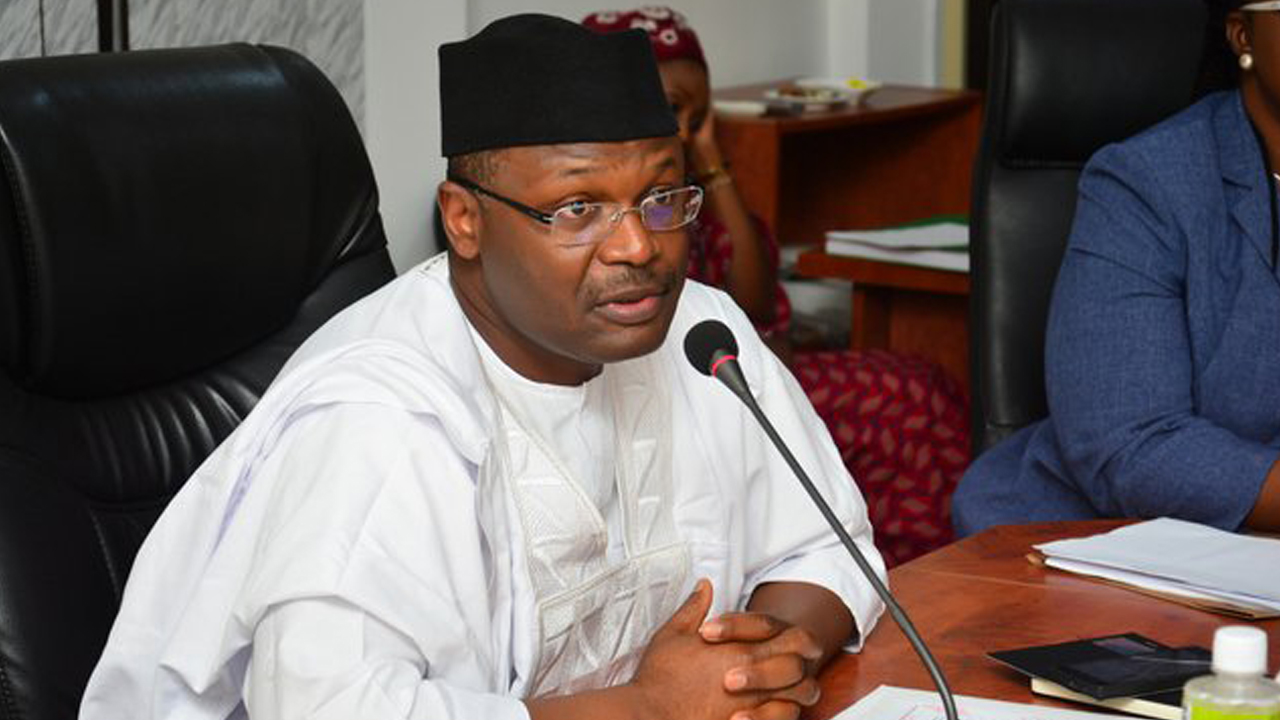The Independent National Electoral Commission (INEC) said Ninety-five million voters are expected to determine the next President of Nigeria in the 2023 election.

INEC Chairman, Mahmood Yakubu, disclosed this at a function organized by the National Endowment for Democracy (NED) and the International Foundation for Electoral Systems (IFES) in Washington DC, U.S.
Mr. Yakubu said this in a keynote address titled “Nigeria 2023: Ensuring credible, peaceful and inclusive elections”, made available to the News Agency of Nigeria (NAN) in Abuja on Thursday.
He described the 2023 general elections as significant to Nigeria. “The election is significant because the incumbent president is not eligible to run, this being his second and final term.
“There are 18 political parties in the race to produce the next president to be elected by 95 million voters. We had over 84 million registered voters in 2019.
“But with last Continuous Voter Registration (CVR), we are going to add at least 10 million Nigerians and that will take the Register of Voters to 95 million,” Mr. Yakubu said.
He said the election was significant as 95 million Nigerians were expected to vote in 176, 846 polling units.
“Each time Nigeria goes to the poll, it is like the whole of West Africa voting.
“In West Africa, there are 15 countries including Nigeria. But the total number of registered voters in the 14 countries combined is 73 million.
“In Nigeria, it’s going to be 95 million. So, there will be 22 million more voters in Nigeria than the whole of West Africa put together,” Mr. Yakubu said.
The chairman said that INEC has learned a lot of lessons from the 2015 and 2019 general elections as well as 103 off-cycle elections and bye-elections conducted after the 2019 general elections.
He added that a lot of innovations have been introduced to increase transparency and ensure the credibility of the country’s electoral process.
“The new Electoral Act with its many progressive provisions has provided legal backing to the innovations.
“These innovations are now provided for and protected by law, especially those leveraging on technology to improve voter registration, voter accreditation, result management, and the promotion of inclusivity for marginalized persons such as women, youths, and persons with disability,” he said.





Comments are closed.